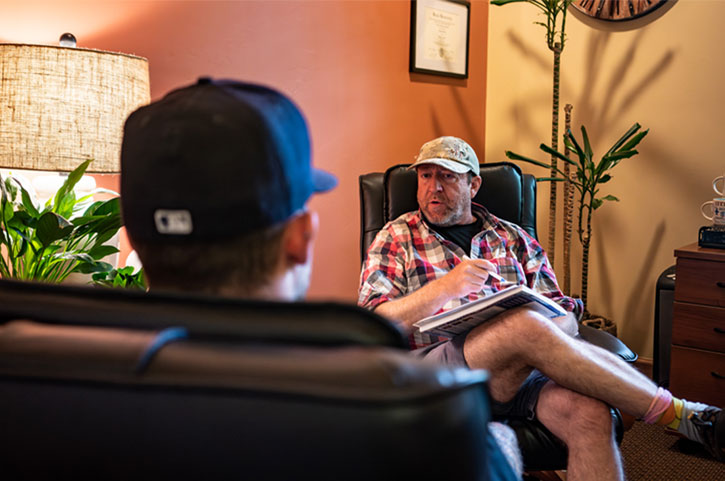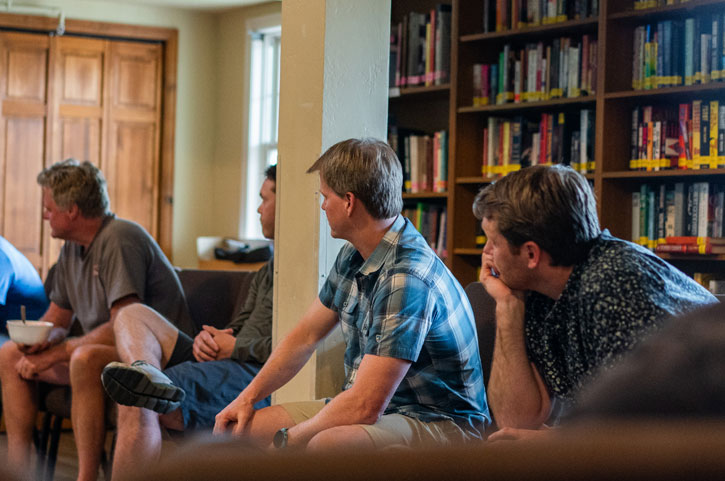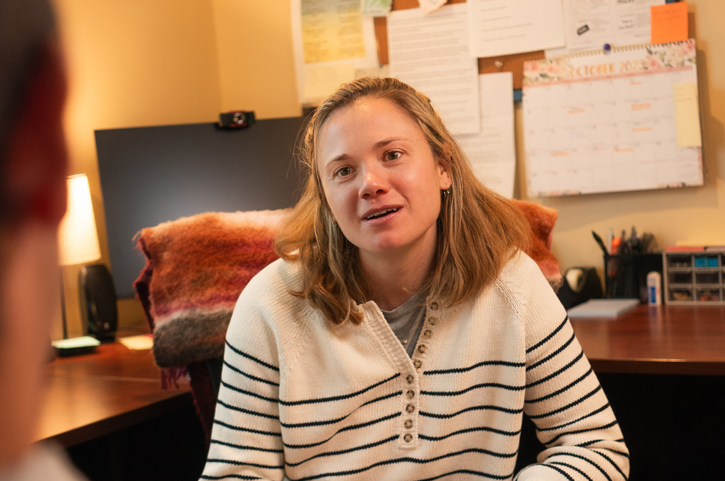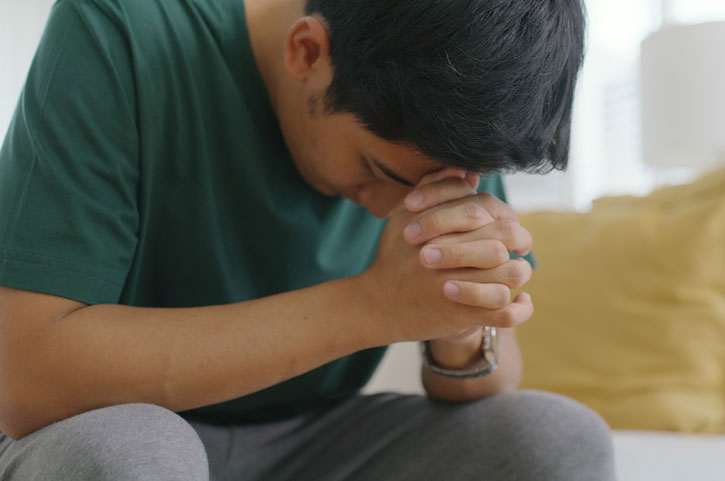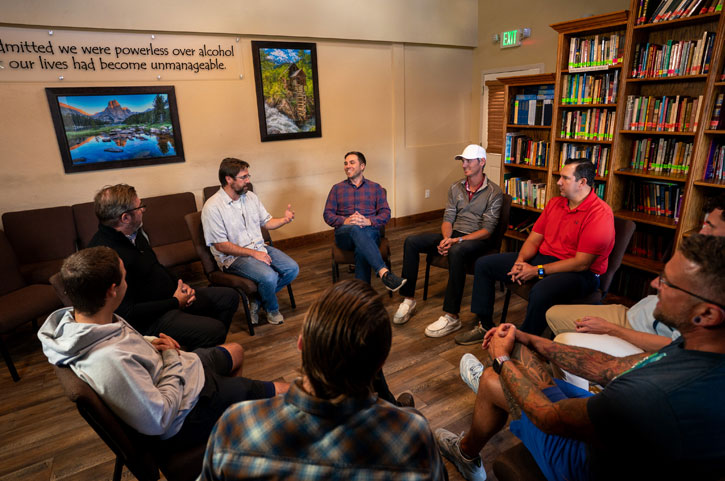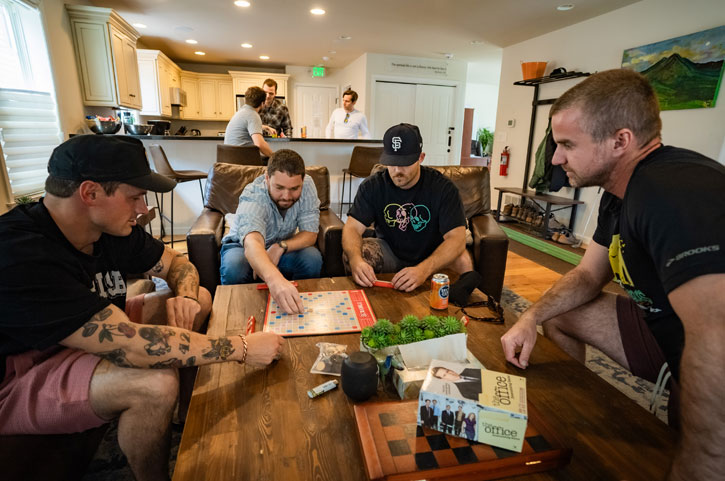
Drug and Alcohol Partial Hospitalization Program (PHP) Explained
A Drug and Alcohol Partial Hospitalization Program (PHP) is a structured, full-day level of addiction treatment that helps men build stability without requiring overnight stays. At Jaywalker, PHP is designed



